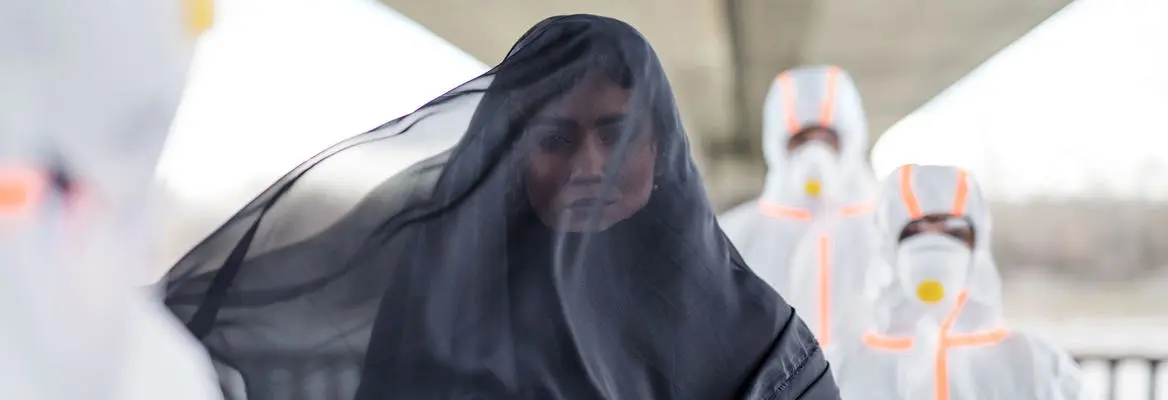In times of crisis, we are reminded that human beings are first and foremost the animals that are aware of their own death. But the impossibility of experiencing death shouldn't lead us to nihilism. Ethics transcend mortality and scorn the risk of death.
Suddenly, thanks to the Covid 19 global crisis, our relationship to nature has been altered. We are confined to our castles, large or small. Nature is now all outside us: it is no longer that sphere through which we wander, stare at in aesthetic detachment or endeavour to master and exploit. On our few permitted solitary outings we discover that it is newly eerie; has sunk back into a primordial past where it is better able to flourish on its own without us. In the face of the uncanny, we retreat with half-relief to our enforced enclosure.
But on the other hand, nature has also become more proximate. Our castles are also our hutches. When we do converse with others, electronically or at a safe, shouted distance, then the everyday chatter that Martin Heidegger affected to despise has suddenly merged with that authentic daily confrontation with our existential fate which he recommended. That of which we constantly speak is suddenly our shared human destiny: we are now surrounded by nature as potential death and so we are thrown back upon our own natural finitude. No longer do our careers nor our diversions seem to count for so much. What instead impinges, hour by hour, are our existential and animal exigencies: birth, death, life together in kinship and nurturing-huddles and tribal proximity.
If our uniquely human mode of animality still persists, then this is now in the more animalised sense that all of our surrounding environment, nature as such, is a potential predator. Our usual peculiar attributes of species-division are correspondingly suspended, at least for the moment: no longer are we warring nations, races, classes and genders; instead, we are one species confronting a shared alien threat, however much our own folly may have instigated it.
In such a novel circumstance, the paring back to animality, in terms of a dual experience of nature as threatening exterior and protecting interior, also coincides with a less distracted sense of what it is to be human. The ordinary indeed now more coincides with the existential margin which we usually banish to the back of our minds. Human beings are, perhaps first and foremost, the animals aware of their own death. Indeed, without such awareness, there is a sense in which animals do not die: they merely perish and cease to exist.
But what does it mean to be aware of the fact that we are going to die? It does not mean that we are ever going to experience death.















Join the conversation